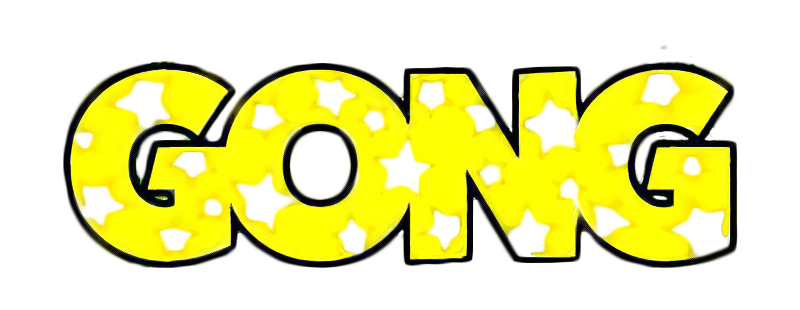Album Releases  view
view
Members
 6 Mixed
6 Mixed
Origin
 France
France
Genre
 Progressive Rock
Progressive Rock
Style
 Rock/Pop
Rock/Pop
Mood
---
Born
Origin
Genre
Style
Mood
---
Born
![]() 1966
1966
Active![]() 1966 to Present...
1966 to Present...
Cutout![]()
4 users
4 users
4 users
4 users
4 users
Artist Biography
Available in:
Gong is a Franco-British progressive/psychedelic rock band formed by Australian musician Daevid Allen. Their music has also been described as space rock. Other notable band members include Allan Holdsworth, Tim Blake, Didier Malherbe, Pip Pyle, Gilli Smyth, Steve Hillage, Francis Moze, Mike Howlett and Pierre Moerlen. Others who have, albeit briefly, played in Gong include Bill Bruford, Brian Davison and Chris Cutler.
Gong was formed in 1967, after Allen—then a member of Soft Machine—was denied re-entry to the United Kingdom because of a visa complication. Allen remained in France where he and a London-born Sorbonne professor, Gilli Smyth, established the first incarnation of the band. This line-up, including Ziska Baum on vocals and Loren Standlee on flute, fragmented during the 1968 student revolution, with Allen and Smyth forced to flee France for Deià in Majorca.
They allegedly found saxophonist Didier Malherbe living in a cave in Deià, before film director Jérôme Laperrousaz invited the band back to France to record the soundtrack of his movie Continental Circus. They were subsequently approached by Jean Karakos of the newly formed independent label BYG and signed a multi-album deal with them (Magick Brother/Mystic Sister, Camembert Electrique and Allen's solo album Bananamoon were all released on BYG).
Gong played at the second Glastonbury Festival in June 1971 (the performance being issued as a side-long track on the 3-LP vinyl festival record release, later re-mixed and re-edited and released by GAS in 2001), followed by a UK tour in Autumn. In late 1972 they were one of the first acts to sign to Virgin Records, getting first pick of the Manor Studio's time ahead of Mike Oldfield. By that time, a regular line-up had been established, and Gong released their Flying Teapot album in May 1973. The following year, Camembert Electrique was given a belated UK release, priced at 59p which was the price of a typical single, a promotional gimmick Virgin had done before in 1973 on an album by Faust, and would do again for a reggae compilation in 1976. These ultra-budget albums sold in large quantities because of the low price, but this pricing made them ineligible for placement on album charts. The intention was that purchasers would be encouraged to buy the groups' other albums at full price.
Wide Thumb
Clearart
Fanart



Banner
User Comments
 No comments yet..
No comments yet..

 60%
60%












